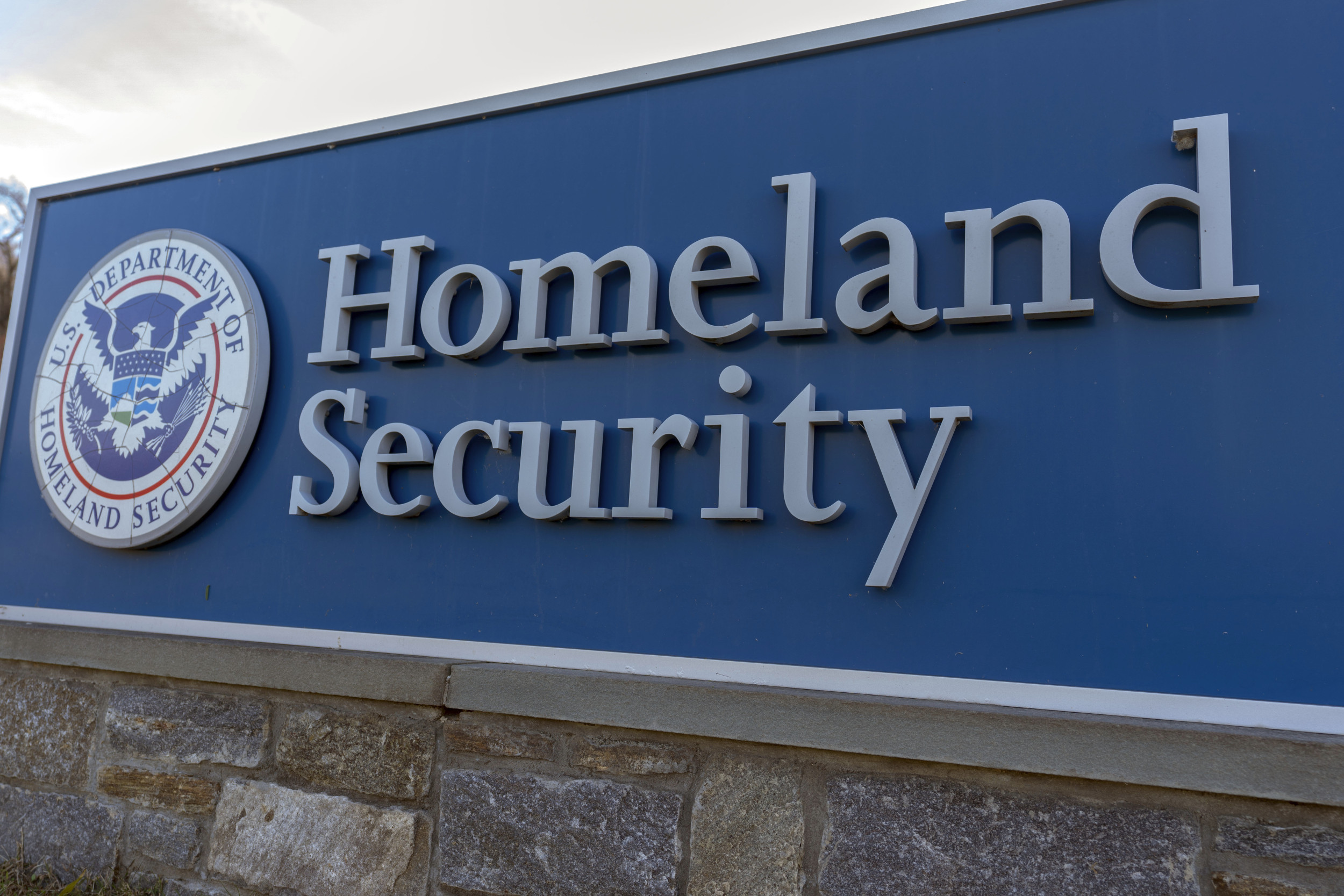Biden Administration Overhauls H-1B Visa Program: Key Changes for Employers and Workers
The H-1B overhaul seeks to enhance program efficiency and integrity, offering clearer pathways for skilled workers while imposing stricter compliance on employers.

Subscribe to our newsletter and stay informed about latest H1B news, policy updates and and other developments.
Article Summary
The Biden administration has announced an overhaul of the H-1B visa program, aiming for faster processing, easier renewals, and stronger integrity measures. Key changes include codifying deference to prior approvals, stricter degree-job alignment criteria, and enhanced USCIS compliance enforcement. These new rules, intended to increase efficiency and predictability, are set to take effect on January 17, 2025.
Original Article: newsweek.com
[ Sentiment: neutral | Tone: factual ]
This summary and analysis were generated by TheNewsPublisher's editorial AI. This content is for informational purposes only; it does not constitute legal or immigration advice.
[ Sentiment: neutral | Tone: factual ]
This summary and analysis were generated by TheNewsPublisher's editorial AI. This content is for informational purposes only; it does not constitute legal or immigration advice.
TNP AI: Key Insights
This overhaul aims to streamline the H-1B process, offering greater predictability for both employers seeking skilled talent and international students hoping to remain in the U.S. post-graduation. The enhanced integrity measures, including stricter compliance checks, are designed to curb program abuse and ensure H-1B visas are used for their intended purpose.
The codification of 'deference to prior approvals' is a significant return to a policy largely rescinded during the Trump 1.0 administration, which had led to an increase in Requests for Evidence (RFEs) and processing delays. This formalizes a more consistent approach to extensions.
For employers, these changes promise reduced administrative burdens and greater certainty in retaining foreign talent, potentially fostering a more stable workforce planning environment. However, the stricter requirement for degree-job alignment and increased USCIS oversight could necessitate more rigorous internal compliance for all H-1B sponsoring entities.
Given the timing of these changes just before a potential change in administration, the longevity and full implementation of these new rules could depend on future political shifts. The introduction of a new I-129 application form will also require careful navigation by applicants and employers in the initial months following the effective date.




